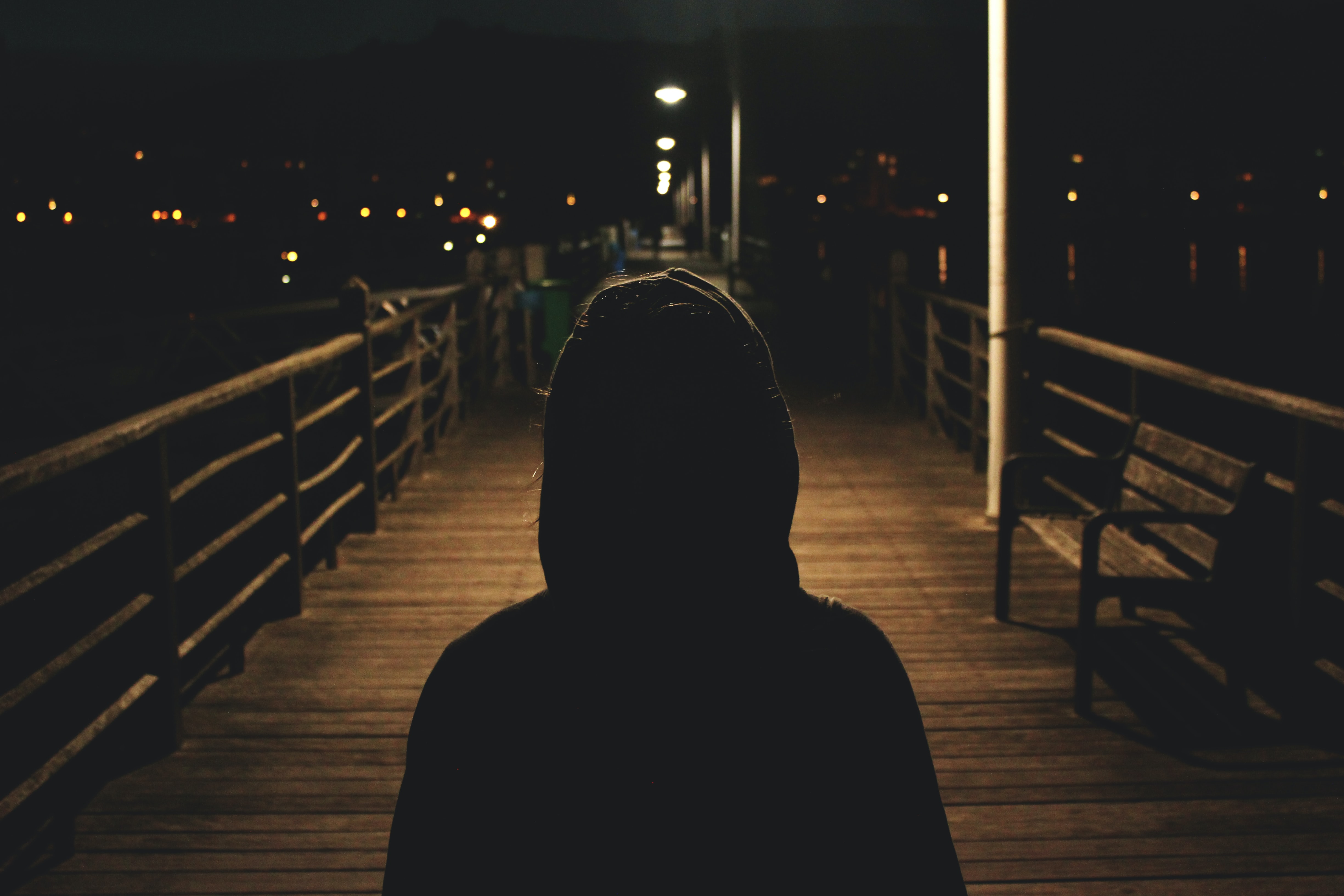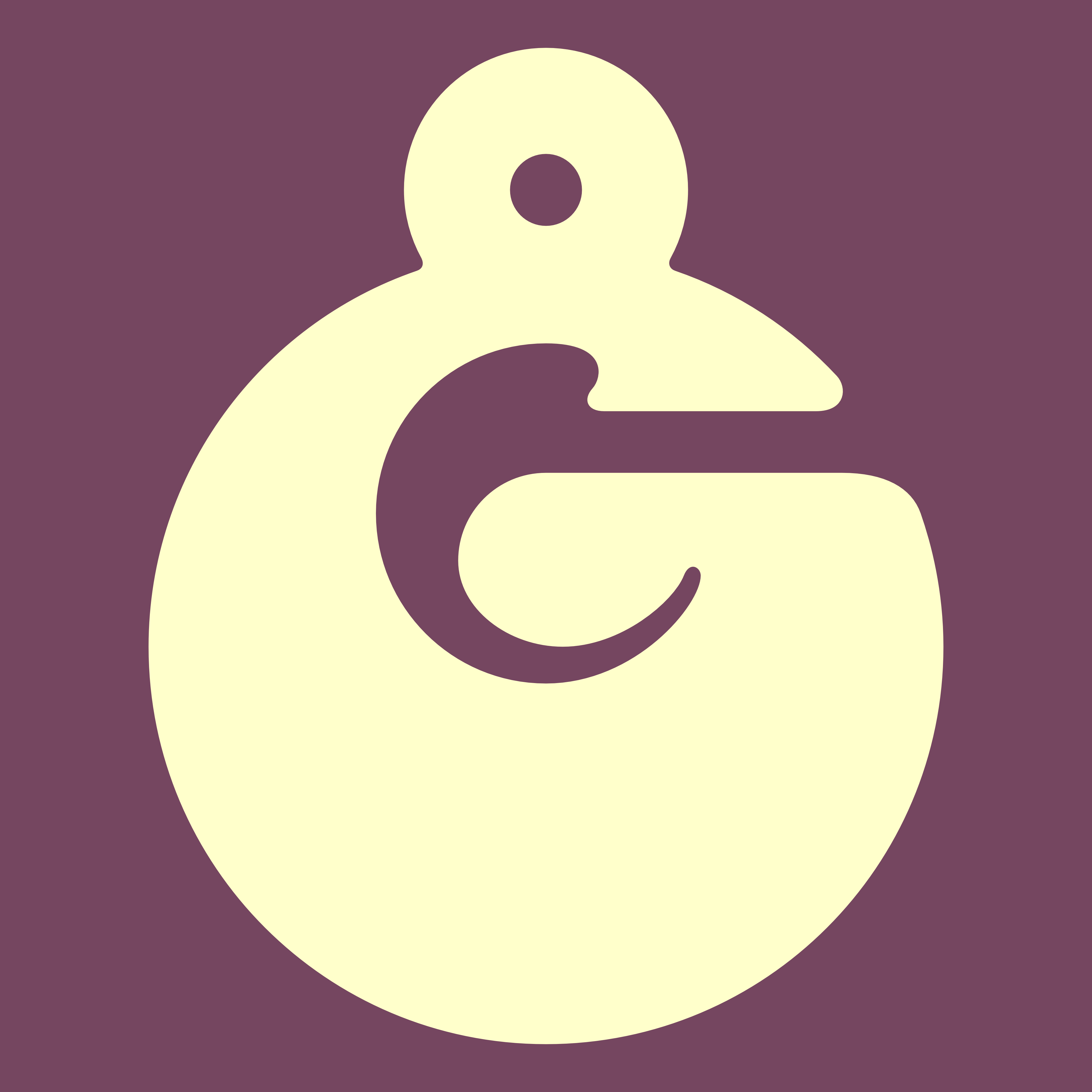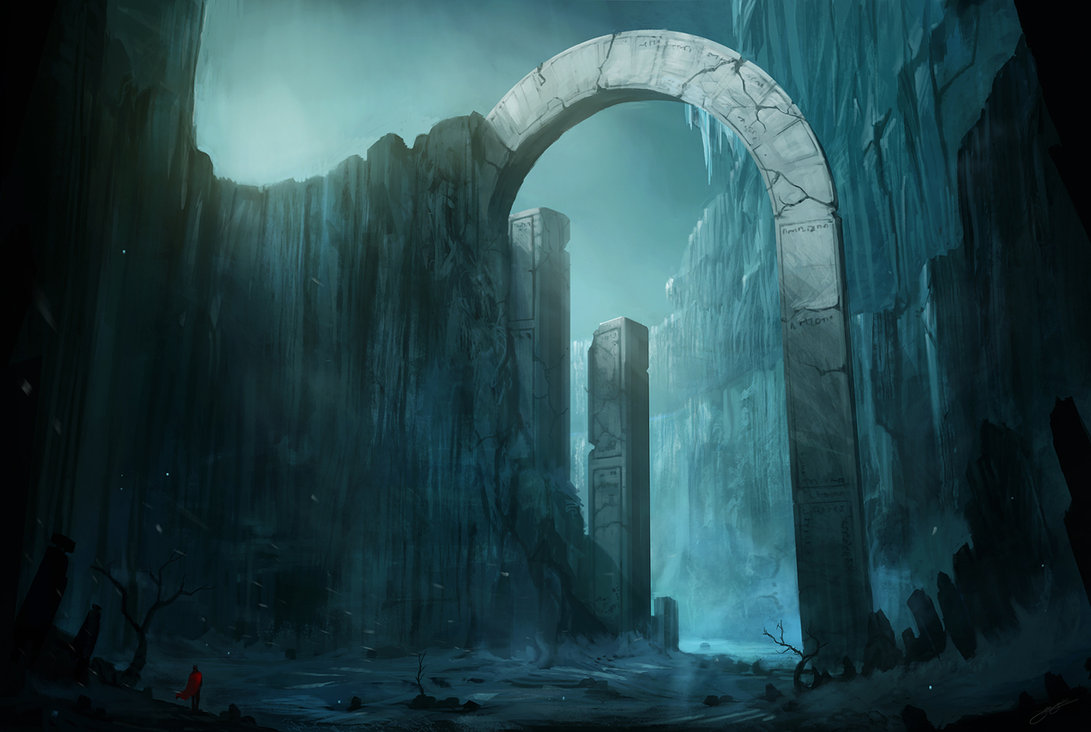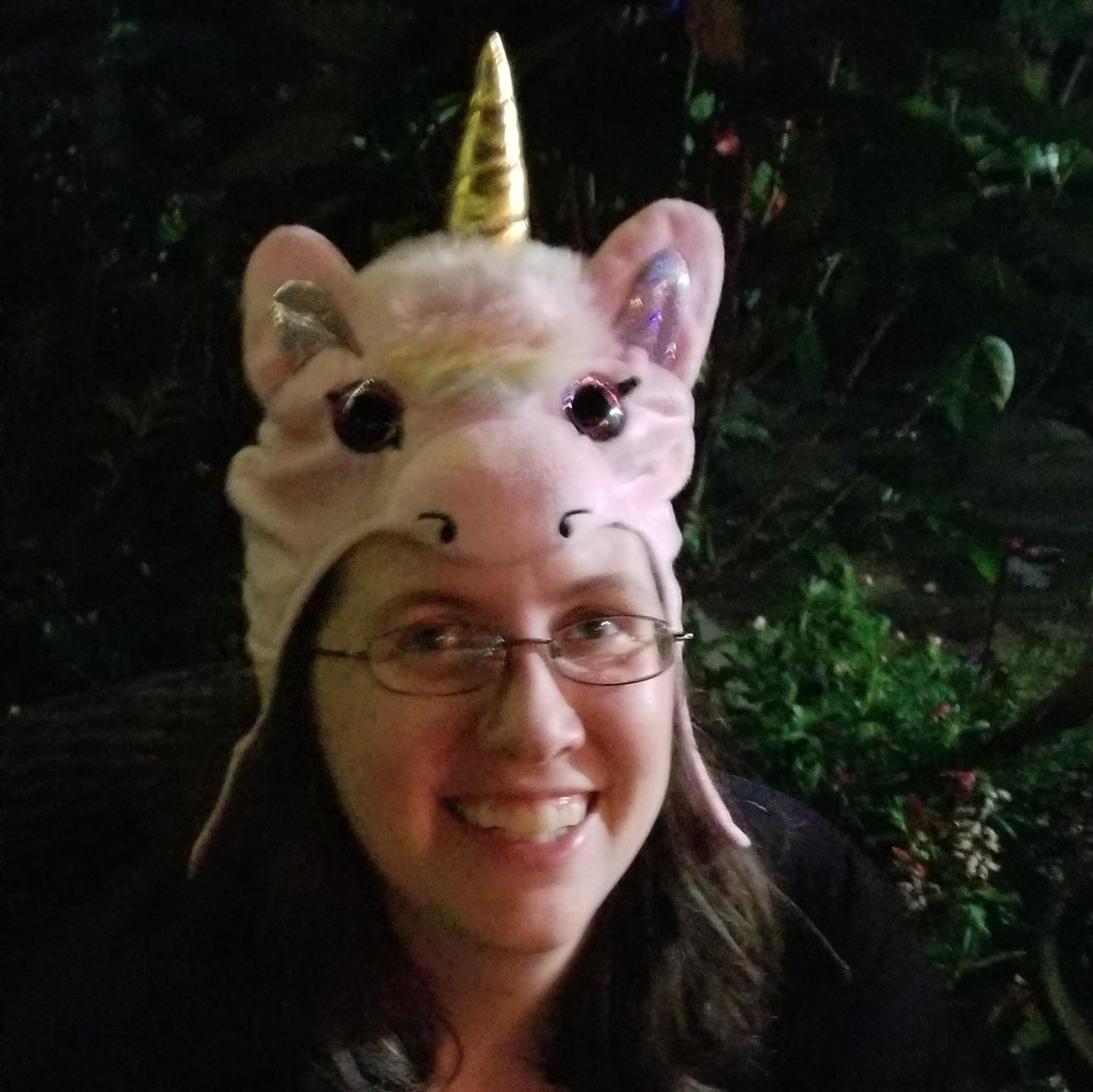
Cults are everywhere in The Web. The Alexandrian University keeps a task force specifically designed to observe, study, and if need be, oppose the many alternative religious movements that exist. The Commonwealth of Alternative Religion was established to better relations between The Web and the Cults that exist in the world. How successful it's been depends on who you are, but one thing is clear: Cults are much better understood than they used to be.
The term "cult" is a good place to start. When most people hear the word, they picture one of two things: Cults as they are used in literature such as Cosmic horror, or a cult of personality such as the FLDS, Heaven's Gate, and other such groups. It's crucial to understand that cults in The Web are closer to the Greek mystery Cults than the likes of Wako and Jonestown we see in the modern day.
These groups are religiously focused, and they wear the term "cult" with pride. They know they are cultists, but their definition is so different, most individuals fail to understand the meaning. This is one of the major things that the Commonwealth did: establish a proper definition so that both sides can actually discuss the subject with less awkward silences.
Those who are not religious tend to have the hardest time joining The Web. The things that occurr in The Web are so counter-intuitive to the way they perceive the world, that The Candlelight is much harder to spark. The Web is a complete breakdown of the foundations holding up this person's belief system. Agnostics, on the other hand, have the easiest time joining due to the fact there's not much of a foundation for belief in the first place.
Most members of these various cults were agnostics. They bore witness to evidence of an individual's religion being true, maybe even seeing the god they worship emerge from an interdimensional portal. Cults are problematic because they blend the truth of science with the belief of religion. They classify what a god would be scientifically, and when they find a being of such a high dimension, it only makes sense. They have found what they are looking for.
These cults represent a counter culture to religion and ethics. If they make human sacrifices accepted by this all-powerful being who demands it, and that being does exist, are they still in the wrong? Most of these cults do not engage in that particular activity, but they occupy a moral gray area. This is saying something because The Web is already a morally ambiguous place. A better way of explaining what cults do and why they foster so much animosity is to say they challenge the view of the people in The Web being the good guys. Cults are the ones that others in The Web point to when they say "Yeah, but at least I'm not that bad."
Many people in the world consider cults to be the bad guys, or at least not the good guys. They are actually very agreeable people. That's because their members are actual people. They empathize and understand. They feel just as much as everyone else guys. The only thing that isn't normal about a cultist is their religion.
Some work regular jobs, and characters in The Web will walk by them on the street without even knowing. The ones who want to end the world rarely live long enough to accomplish their ambition. The cults of personality are best left to standard authorities. The cults of The Commonwealth never resort to brainwashing. They don't have too. Imagine seeing the god these people worship in all their eldritch glory. Imagine that entity speaking to you and giving you gifts. Would you not even be tempted to know such truths?
Cultists tend to be very intelligent, and are eager to engage in theological debate. They love finding arguments against their religion. They love when someone pokes holes in their beliefs. These holes are later filled by information they are able to find in their studies. The most dangerous thing about a cult is not what they worship or the monsters they command. The most dangerous thing about a cult in The Web is they may actually be on to something.
Cover image:
by
Paul Garaizar
Comments
Please Login in order to comment!





For Kendallonian: That's exactly right. Sociopaths are definitely a way of doing it. That's the idea behind that little essay. Calling them insane is not a good thing as its unproductive. sociopath as a character can be very interesting to write and read. As to your argument vs the quote, this is true. Why would logic bring you to this conclusion? These are far more interesting questions in my mind. if forces the writer to imagine why a sane person would do these things, instead of them just being nuts. It's a dark path but man its fun to write.